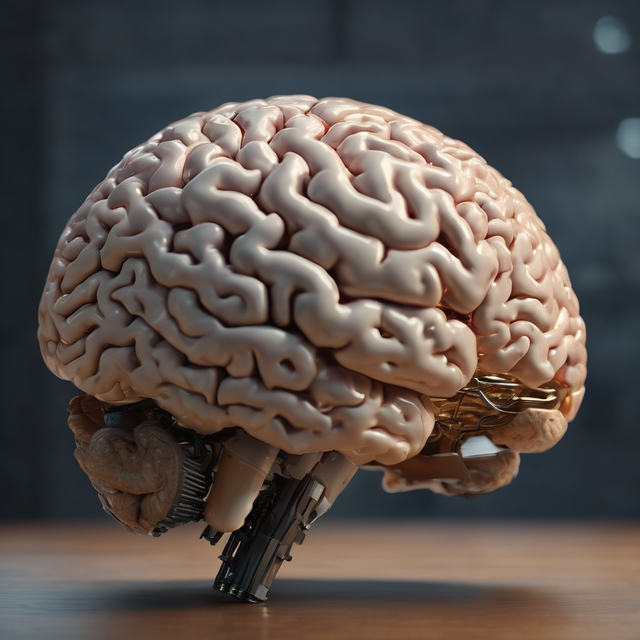In the last few years, there has been a rise in warnings against the use of Artificial Intelligence by technology leaders, researchers and experts. Recently, the World Trade Organisation called for caution in using AI for public healthcare.
The possibility of machines surpassing human beings is certainly a threat, the likelihood of which needs more discourse and deliberation. In developing countries especially, this threat can propagate inequity and exclusion for minorities and other marginalised groups. A report by the United Nations Development Programme highlighted that algorithmic bias has a great impact on financial services, healthcare, retail and gig workers industries. This report stated that AI generated credit scoring exhibited a tendency to assign a lower score to women, in comparison to men. Significant biases have been identified even in healthcare diagnostics.
In India, a rapidly developing country, both commercial and government players are shifting from Big Data to AI for better targeting and efficiency. Government agencies are using ChatGPT to customize their own public information systems and communicate mechanisms. The Indian government is also increasing it’s budget allocation to emerging technologies this year, including AI.
There needs to be a more detailed discussion about the data being used to build these algorithms. There is a need for focus towards governance and ethical considerations of these systems, as their adoption may affect the daily lives of people.
Machines learn from massive volumes of data created by human beings, and are programmed to identify patterns and make decisions on their bases. Algorithms are designed to improve through feedback loops and programmatic corrections. They lack a moral compass and do not question stereotypes, norms and cultural differences. A machine has no sense of fairness and empathy, without which our society cannot function. It would not be wrong to say that algorithms learn from and project the past into the future.
Governments need organized, digitized and well governed public data to build algorithms that benefit people. Both industries and governments must exercise caution and invest sufficiently in research, development and scrutiny. Government officials must also be adequately educated in this regard.
If AI is to serve human beings and make out world better, then we need to build intelligent machines that are inclusive and reflect a country’s diversity and heterogeneity.
